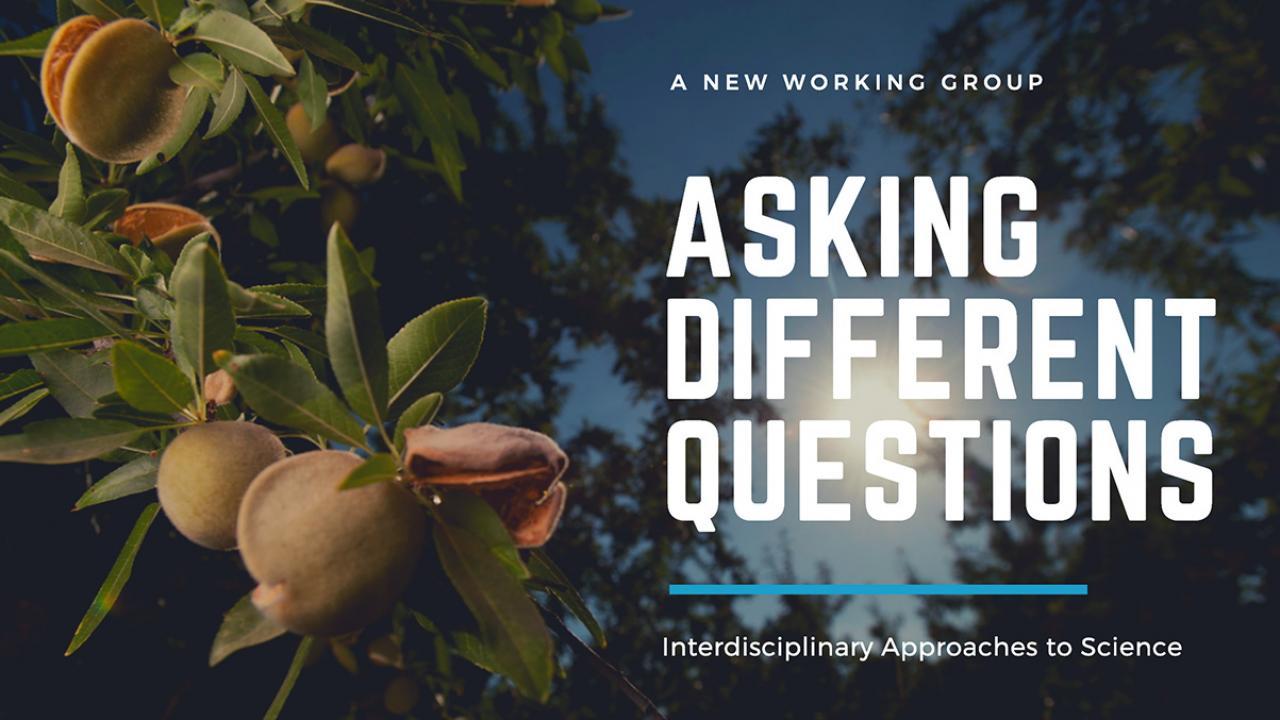
Event Date
The Feminist Research Institute is excited to announce the official launch of the working group for "Asking Different Questions: Interdisciplinary Approaches to Science.” Asking Different Questions is what we will be calling the work conducted under the NSF IGE award: Pathways to Inclusion in STEM (Co-PIs Sara Giordano, Sarah McCullough, and Kalindi Vora). This working group will meet Thursdays 12-1 pm in Hart Hall 3116 during Spring quarter 2019.
We invite you to explore the following hypothesis with us: That changing research questions and research agendas will change who is in STEM and the knowledge we produce. Asking Different Questions tributes the 2008 essay by Deboleena Roy, “Asking Different Questions: Feminist Practices for the Natural Sciences.” Roy argues that feminists in science often ask different questions, and that doing this often gives rise to dilemmas and tensions. These are most palpable as they relate to research agenda choices. She asks, “How can feminism influence the ways in which we gain scientific knowledge? How can feminist scientists produce scientific knowledge that is relevant to and considerate of those who are marginalized within dominant cultures?" To that list, we would add:
- Who does our research benefit and harm?
- What is the role of community in our research?
- How do our metaphors, frameworks, and language affect our findings?
- How do we make science more accessible?
- How does the history of your field affect the research done today?
These are intricately related to questions of who does STEM research, who counts as a scientist, and feelings of belonging. If this is intriguing to you, join us. While we prefer in-person attendance, all meetings can also be joined via zoom.
The goals for the entire quarter will be (1) to identify challenges in STEM graduate training that feminist training may help address, (2) document how STEM scholars are already bringing values based in feminism and justice into their labs, and (3) create a community space for those invested in changing research culture through graduate education. Key to this process will also be establishing shared values and building an institutional foundation for the success of a feminist training graduate program in STEM education. Each week will explore a different challenge and feminist approaches to addressing this challenge. Topics may include pedagogy, methods, analysis, mentoring, recruitment, cultures of science, values of science, community-engaged research, funding structures, institutional barriers, and models for collaboration. The sum of these conversations will contribute to the development of the curriculum, which will be the focus of the working group in Fall 2019.